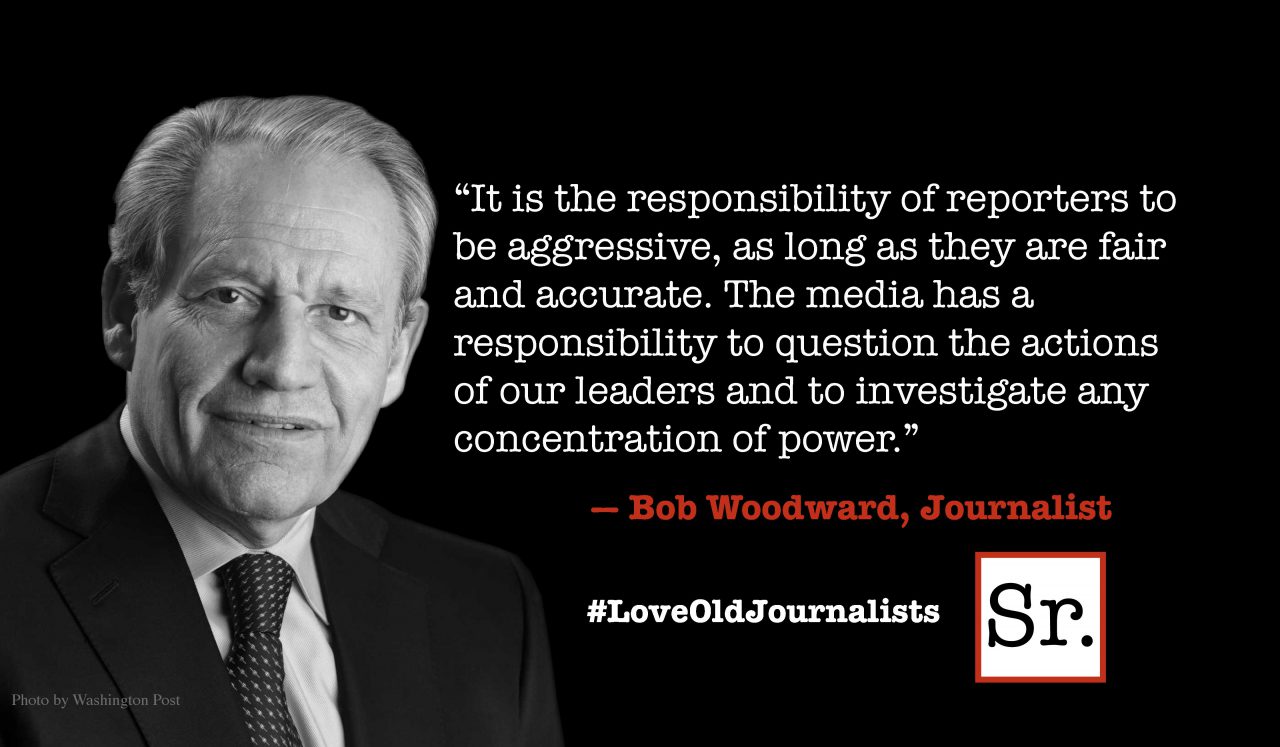I’ve been figuring to do a column about Jimmy Carter. He’s up there at 91, a sick fellow. In 2015, at age 90, he was diagnosed with melanoma which had metastasized to his liver and brain.
Carter told us of his condition on TV recently. I took him for a weak president in his time in office, when, in fact, he was a strong and courageous president like the much-maligned Harry Truman. I need new glasses.
After he was trounced in a bid for re-election in 1980 by Reagan, he went on to become a bigger man. He did not retire, he didn’t sulk, he didn’t go off to cash in on his eminence and contract for million-dollar speeches. He went on to work for the world, for peace, for human rights, for a better world, writing books and serving – dedicating his life and energy to the betterment of mankind.
The Carter Center in Atlanta became a place of good works and was recognized with a Nobel Prize. It pursued the cause of human rights around the world. When he was in office (l977–1981), Carter denounced the trials of Soviet dissidents. In Warsaw, he spoke out for the rights of Eastern Europeans. He condemned racism in South Africa. He criticized Castro’s dictatorship in Cuba and Idi Amin in Uganda.
When Carter was running for the Democratic presidential nomination in 1974, I spent a few days in New Hampshire. My boss, Stuart Schulberg, asked what I thought of the Georgia governor’s chances? Was he a strong contender? I didn’t think so. He came across as distant and wary, not very likeable. Not the pandering politician reporters seem to adore. Ronald Reagan, for example.
Stuart was interested in Jimmy Carter, the peanut farmer and Georgia governor. I said he wasn’t going anywhere. Stuart, my senior by perhaps as much as 10 years, was more experienced in the ways of the great world.
Carter was light years ahead of his time. He was aware of climate change and the consequences of lack of concern before most of us. He was ridiculed for wearing a sweater when the subject he addressed was energy and the environment.
In 1977, in his first full day as president, Carter redeemed his campaign pledge to pardon the estimated 10,000 draft evaders of the Vietnam War era. His worst day in office was on April 24 of 1980 when the effort to rescue 52 American hostages held captive for more than a year in Iran ended in failure. It contributed to Carter’s defeat in 1980.
Jimmy Carter, our 39th president, was born in Plains, Georgia in 1924. He has been a prolific writer since leaving the White House. In “An Hour Before Daylight,” a memoir of a rural boyhood, he speaks of a connection with a world long ago but, as William Faulkner might have said, “in a past that has not yet passed.”
Carter wrote, “Although I was born more than half a century after the Civil War over, “it was a living reality in my life. I grew up in one of the families whose people could not forget that we had been conquered, while most of our neighbors were black people whose grandparents had been liberated in the same conflict. Our two races, although inseparable in our daily lives, were kept apart by social custom, misinterpretation of Holy Scriptures, and the unchallenged law of the land as mandated by the United States…” He sometimes could be a scold but it was for the right reason.
Article originally appeared in the San Leandro Times.









